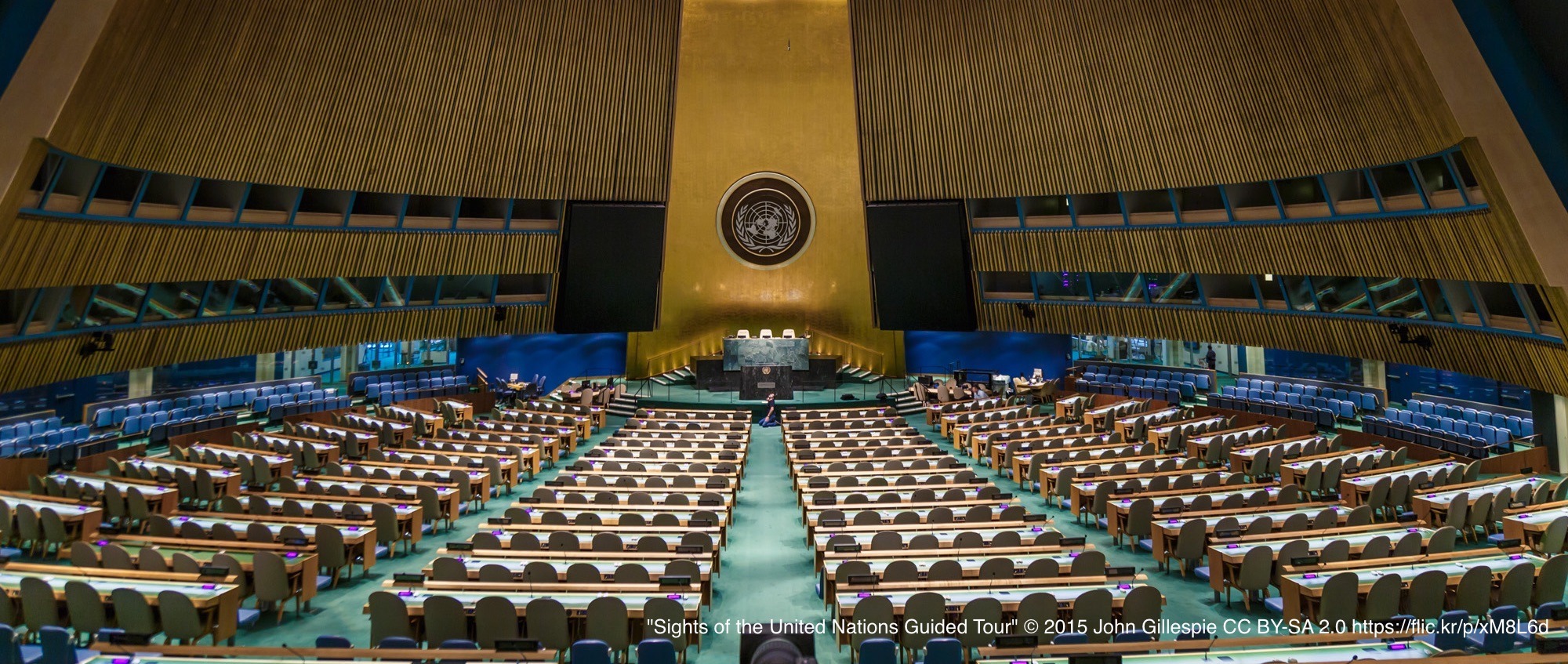The final outcome document of the WSIS +10 Review was released late last night. I thought I would give you some initial impressions.
The text endorses the central tenet of the multistakeholder model of governing ourselves on the Internet and re-commits to the Tunis agreement. It extends the mandate of the IGF for 10 years recognizing the role that this Forum plays in bottom up governance processes. It is strong on human rights and highlights the right to freedom of expression on the Internet, asserting that human rights online must be protected as are human rights off line.
This text, of course, represents a series of compromises. In our view, it does not emphasize sufficiently that the Internet is a shared, global platform. It does, however, strongly recommend coordination at the borders and asks that nation states “avoid” actions that would disrupt the benefits of the Internet. We would have liked stronger language on the Internet’s borderless nature in light of fragmentary policies of an ever-growing number of member states. But as always, the proof will be in the implementation. We will be listening very carefully to what is said during the coming debate and closely monitoring proceedings in the important side events.
The text recognizes the responsibility of member states to protect cyber security and stresses the importance of stakeholder participation in matters of trust and security. The tone is good and leans towards the principles we believe in. As we have stressed elsewhere, it is crucial that governments not act alone in responding to legitimate safety and security concerns. It is our collective responsibility to act to maintain and restore trust while safeguarding the rights of users. The text has language that supports this view but, of course, this will be a major source of dialogue moving forward.
We will absorb the text today and talk with colleagues in the wider community about the implications of specific language and of the statement as a whole. On a first read, we are encouraged by this forward leaning final outcome document.
I think the Review has been greatly benefited by two excellent co-facilitators who found a way to drive consensus on affirming the WSIS people-centered approach of the Tunis Agreement that has resulted in the tremendous growth of the Internet. This growth has been led by many innovators, creators, technologists, builders, users and policy thinkers and makers over the last ten years. It is a marvel that must be protected and advanced. Indeed, the final outcome document rightly points to the urgent need to finish the job by closing the digital divides that leave half the world as yet unconnected and without the benefits of an Internet Society. The text further confirms our view that the WSIS spirit must now infuse the work of implementing the Sustainable Development Goals recently adopted by all the Nations of the world.
I congratulate the very good relationship and work done by the coalition of dedicated Internet activists who, on behalf of the Internet community, contributed greatly to this good outcome. I continue to believe that these kind of discussions must be open to all stakeholders in principle as well as in practice. I appreciate that, despite the governmental nature of the negotiations, the WSIS+10 discussions with stakeholders were led in that spirit. All stakeholders found ways to participate and to contribute and I believe the outcome is better for it.
ISOC staff will be participating in talks here in NY for the next two days and, on Wednesday, I have been invited to speak to the General Assembly on behalf of the Internet Society. I welcome all comments as I prepare those remarks.

